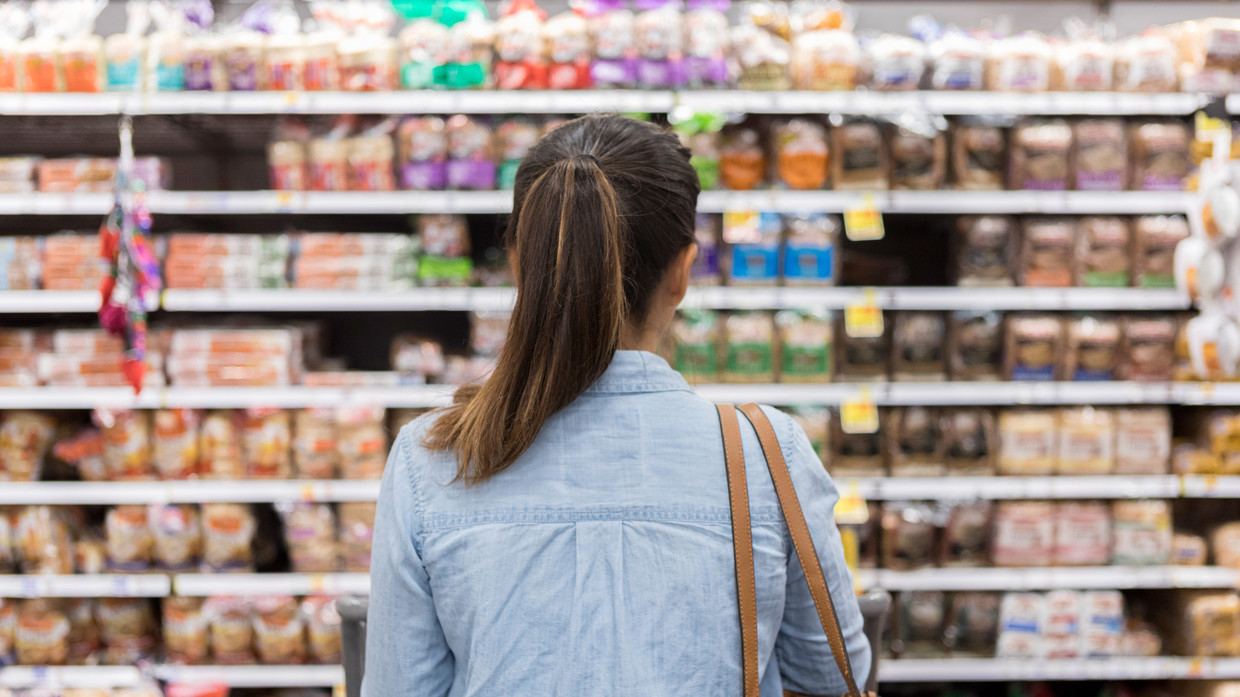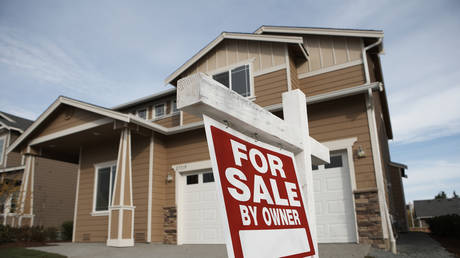US consumer price inflation rose 0.6% in January and propelled annual inflation up to 7.5%, its highest rate since 1982, the Labor Department reported on Thursday.
The rise in nearly every spending category was driven by increases in food and energy costs, as well as growing costs for cars and rents. The rent index rose 0.4%, while food prices jumped 1% amid lingering supply-chain issues and a tight labor market, led by strong increases in the prices of cereals, bakery products, dairy, fruits, and vegetables. Electricity prices jumped 4.2%.
The inflation indicator overshot the US Federal Reserve’s 2% target, and analysts say is likely to affect the current economic agenda and lead to a large interest rate hike in the months to come.
“This inflation data today came like a punch in the stomach for [Fed chairman] Jay Powell and his colleagues,” Citi Bank chief economist Nathan Sheets told CNBC. He noted that the inflation data may bring about “increasingly aggressive” action by the Fed, including an interest rate hike of “50 basis points for March.”
Other experts say this may not be enough, with James Bullard of the St. Louis Federal Reserve Bank telling Bloomberg News he supports raising interest rates by a full 1% by July 1. Goldman Sachs’ and Bank of America’s bids are even higher, with the banks’ analysts forecasting “seven consecutive 25 basis points rate hikes” in 2022.
Some see other ways to ease the inflation spike.
“If the Fed is going to get an assist on inflation, it’s got to come from improvements in the pandemic, some rebalancing away from the red hot goods sector into services, and we need to see some attenuation of the still intense pressures in supply chains,” Nathan Sheets said.
Experts polled by Reuters also say inflation could slow in the coming months if the Covid-19 pandemic subsides, easing supply bottlenecks and shifting spending from goods to services.
For more stories on economy & finance visit RT's business section


